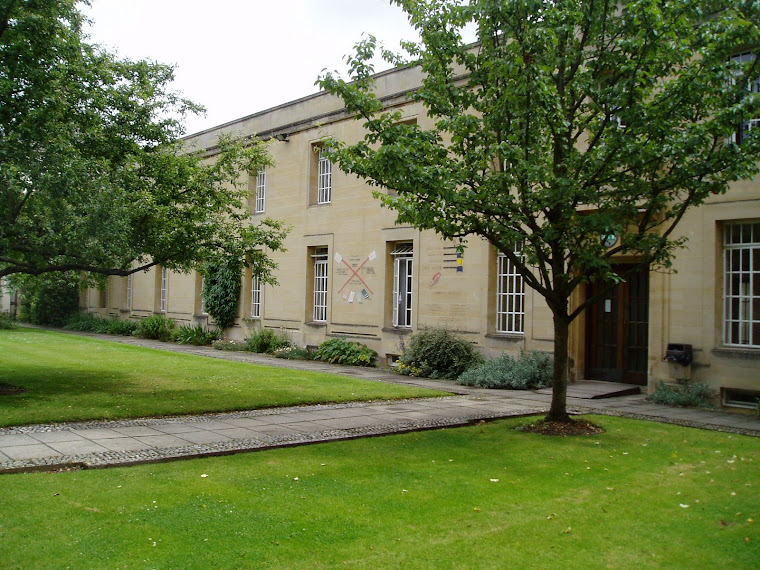So the questions come to mind: Can we forgive and yet not forget? Where does justice and punishment of the offender come into the situation when we have been wounded, hurt or harmed by the cruelty and sinfulness of others? How does total forgiveness operate in cases of deep suffering and severe injury, when the wounds still hurt and remain with the victim? Should a victim who wants to forgive their perpetrator pursue punishment and restitution?
Eric Lomax drew on his Christian faith and heritage to find forgiveness. In his book he writes affectionately of J. Sidlow Baxter, whom he had heard preaching in Scotland, often from Charlotte Chapel in Edinburgh.
Forgiveness is at the heart of the Gospel message. Christ came into the world to save sinners and to bring them forgiveness of sins. He taught his disciples to ask for forgiveness for their sins, as they forgave those who trespassed against them. What does this mean for the Christian believer in today's world? Is total forgiveness possible?
As a child I was forbidden to buy any toys or goods made in Japan. Some cheered when Hiroshima and Nagasaki were nuked. But we now know how the innocent suffered as a result of the bomb and the fallout.
These atomic bombs were so destructive, having dreadful consequences. Those who wanted retribution and revenge rejoiced in these events.
Some argued that the Japanese received their just desserts, and the atomic bombing shortened the war and saved lives, while others condemned the use of such horrendous weapons of mass destruction. They shouted, "No more Hiroshimas." The threat of mass destruction as a result of sophisticated weapons is still with us.
Hugh Dibbens, formerly Vicar of Hornchurch, was once a missionary in Japan. Canon Dibbens told me that through Christ a man came to find reconciliation and forgiveness, on his part, when he met, years later, at a service of Holy Communion in Japan, the Japanese soldier who had once tortured and tormented him (during the Second World War). (I believe this victim of ill treatment was a clergyman and saw his old Japanese adversary in the congregation coming to receive the sacrament. I will contact Hugh to find out more.)
RT Kendall wrote Total Forgiveness after having received some harsh letters, comments and abuse from disaffected church members and colleagues. He was deeply hurt by words and actions by former members of his congregation and others who pitched in. It was a difficult situation to follow the ministry of Dr. D. Martyn Lloyd-Jones at Westminster Chapel in Buckingham Gate. Poor RT suffered much criticism, and has attracted the ire of certain hard-line Calvinists. Some took exception to his pro-charismatic stance and changes during his ministry at Westminster Chapel. RT came under attack from various sections of the Evangelical community, particularly those in the British Evangelical Council as opposed to those in the Evangelical Alliance. Out of this painful period of ministry RT wrote a Christian classic on forgiveness. RT has consequently helped many Christians to take forgiveness seriously, living without bitterness, resentment and grudges.
To experience total forgiveness, to be able to forgive those who warrant our forgiveness as a result of their actions, works and ways, we need to allow God's grace to help us. By the Holy Spirit we are given the grace to forgive and to move on, having released and relinquished desires for revenge and paying back evil for evil. The Holy Spirit can give us that forgiving spirit that helps our sanctification, drawing us closer to the heart of our Heavenly Father. When we draw near to God we are conscious of our own sin and need for forgiveness. We then are in a position to receive mercy and grace sufficient to overcome our unforgiving hearts. This process of sanctification and receiving help from the throne of grace is ongoing. Laying aside our sins,we then press on, looking to Jesus the author and finisher of our precious faith.
Eric Lomax drew on his Christian faith and heritage to find forgiveness. In his book he writes affectionately of J. Sidlow Baxter, whom he had heard preaching in Scotland, often from Charlotte Chapel in Edinburgh.
Forgiveness is at the heart of the Gospel message. Christ came into the world to save sinners and to bring them forgiveness of sins. He taught his disciples to ask for forgiveness for their sins, as they forgave those who trespassed against them. What does this mean for the Christian believer in today's world? Is total forgiveness possible?
As a child I was forbidden to buy any toys or goods made in Japan. Some cheered when Hiroshima and Nagasaki were nuked. But we now know how the innocent suffered as a result of the bomb and the fallout.
These atomic bombs were so destructive, having dreadful consequences. Those who wanted retribution and revenge rejoiced in these events.
Some argued that the Japanese received their just desserts, and the atomic bombing shortened the war and saved lives, while others condemned the use of such horrendous weapons of mass destruction. They shouted, "No more Hiroshimas." The threat of mass destruction as a result of sophisticated weapons is still with us.
Hugh Dibbens, formerly Vicar of Hornchurch, was once a missionary in Japan. Canon Dibbens told me that through Christ a man came to find reconciliation and forgiveness, on his part, when he met, years later, at a service of Holy Communion in Japan, the Japanese soldier who had once tortured and tormented him (during the Second World War). (I believe this victim of ill treatment was a clergyman and saw his old Japanese adversary in the congregation coming to receive the sacrament. I will contact Hugh to find out more.)
RT Kendall wrote Total Forgiveness after having received some harsh letters, comments and abuse from disaffected church members and colleagues. He was deeply hurt by words and actions by former members of his congregation and others who pitched in. It was a difficult situation to follow the ministry of Dr. D. Martyn Lloyd-Jones at Westminster Chapel in Buckingham Gate. Poor RT suffered much criticism, and has attracted the ire of certain hard-line Calvinists. Some took exception to his pro-charismatic stance and changes during his ministry at Westminster Chapel. RT came under attack from various sections of the Evangelical community, particularly those in the British Evangelical Council as opposed to those in the Evangelical Alliance. Out of this painful period of ministry RT wrote a Christian classic on forgiveness. RT has consequently helped many Christians to take forgiveness seriously, living without bitterness, resentment and grudges.
To experience total forgiveness, to be able to forgive those who warrant our forgiveness as a result of their actions, works and ways, we need to allow God's grace to help us. By the Holy Spirit we are given the grace to forgive and to move on, having released and relinquished desires for revenge and paying back evil for evil. The Holy Spirit can give us that forgiving spirit that helps our sanctification, drawing us closer to the heart of our Heavenly Father. When we draw near to God we are conscious of our own sin and need for forgiveness. We then are in a position to receive mercy and grace sufficient to overcome our unforgiving hearts. This process of sanctification and receiving help from the throne of grace is ongoing. Laying aside our sins,we then press on, looking to Jesus the author and finisher of our precious faith.


































































































































No comments:
Post a Comment